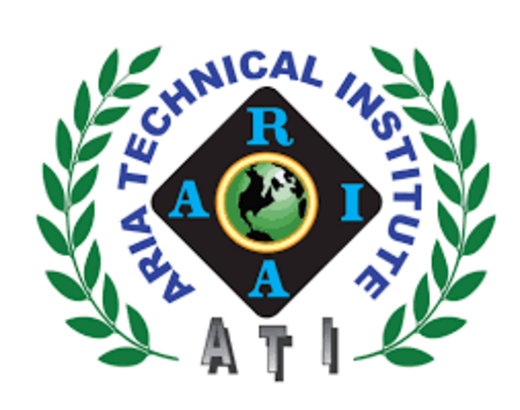The National Guidelines for Good Refrigeration Practices has been developed by the National ozone Unit (NOU) Environmental Policy and Planning Division, Ministry of Planning and Development, and supports the regulatory framework for the total phase out of Ozone Depleting Substances (ODS) in Trinidad and Tobago by recommending technological options and best practices to reduce the demand for ODSs. These National guidelines are designed to: 1. Define minimum standards of good practices for servicing refrigeration and air conditioning systems, 2. act as a resource document in technicians training and the development of training materials, 3. help to initiate communication between relevant stakeholders, including service companies from the informal sector, 4. Reduce ODS consumption in a cost effective manner, 5. help ensure a smooth transition from ODS to non-ODS refrigeration technology by allowing existing refrigeration systems to run until the end of their useful life, thereby avoiding premature replacement, and 6. Improve safety quality. It is intended that the Guidelines be used as a reference resource for the reduction of refrigerant hydrochlorofluorocarbons (HCFC) and hydrofluorocarbons (HFC) emissions into the atmosphere. It applies to the industrial/commercial, residential domestic appliances, marine refrigeration and air conditioning, mobile refrigeration and mobile air conditioning sectors. National Cooling Strategy The drafting of the NCSTT was guided using a multisectoral consultative approach which spanned a period of over eighteen (18) months. Several key stakeholders involved in the cooling industry, and well as other sectors, in particular as it relates to energy efficiency and alternative refrigerants were consulted across Trinidad and Tobago. These stakeholders included, all Government Ministries, the Environmental Management Authority; the Trinidad and Tobago Bureau of Standards; the National Training Agency; training institutions in the RAC Sector such as the Metal Industries Limited, the National Energy Skills Centre, and the School of Refrigeration and Air Conditioning; research entities such as the University of the West Indies; and Non-Governmental Organizations such as the Air Conditioning and Refrigeration Industry Association and the Refrigerant Recovery and Recycling Association. The NCSTT was circulated to all professionally certified RAC technicians. Comments received were used to finalize the document, under the guidance of the Cabinet Appointed National Coordinating Committee to Guide the Implementation of the Montreal Protocol. The development of the NCSTT was facilitated through funding provided by the Kigali Cooling Efficiency Programme administered through the United Nations Development Programme.
Website: https://nou-tt.blogspot.com/p/information-for-rac-training.html
Member

MemberThe Air-conditioning & Refrigeration Industry Association (ARIA) of Trinidad and
The Air-Conditioning & Refrigeration Industry Association (ARIA) has been in existence since 1998, incorporated on January 26, 1999 and launched on February 14, 1999 under the patronage of the Environmental Management...
